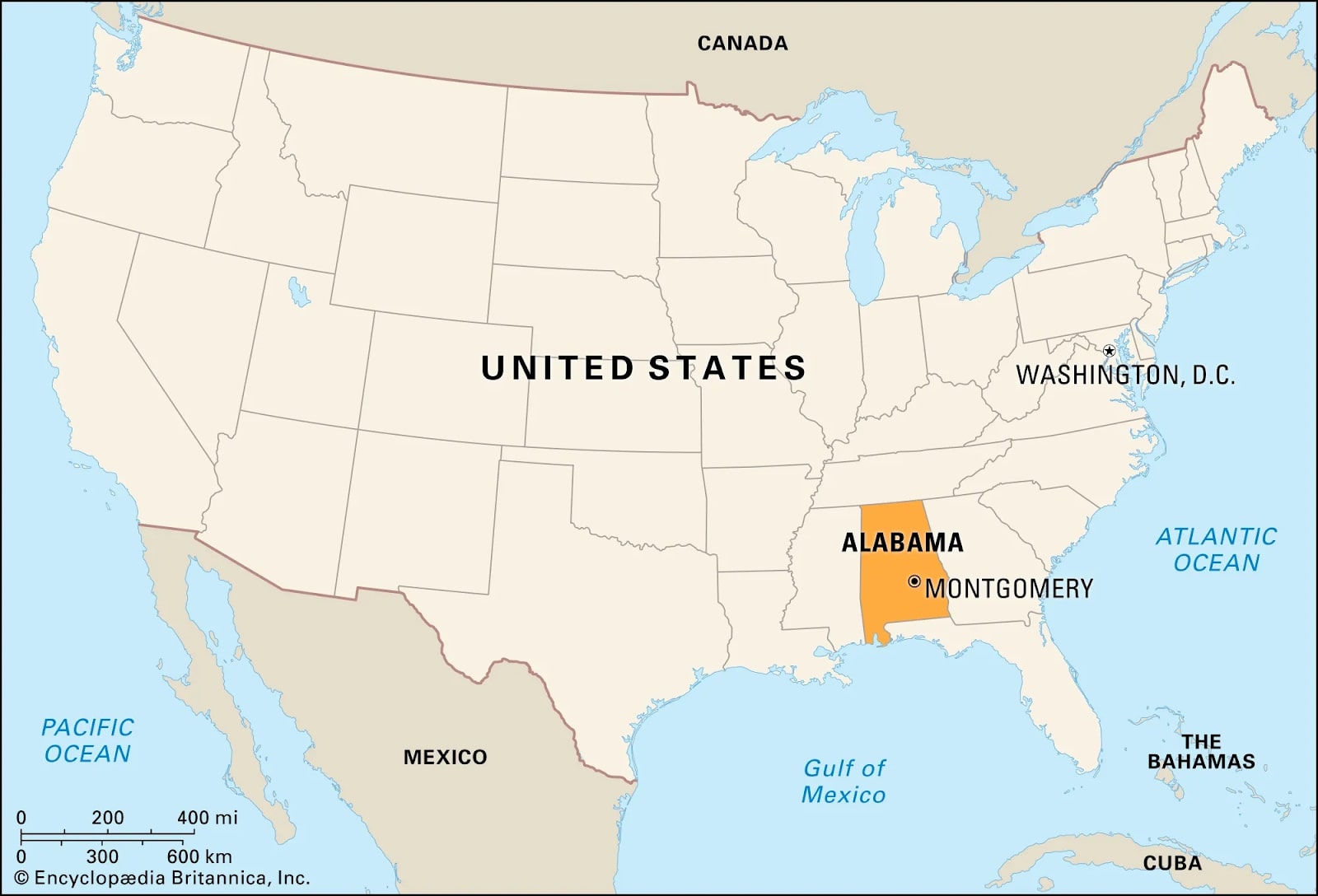How Alabama and Minnesota Are Moving Legislation to Create Bitcoin Reserves, Suggesting Broader State Interest

Key Takeaways:
- The states of Alabama and Minnesota are among those leading the way in exploring Bitcoin reserves in state budgets.
- While Minnesota directly names Bitcoin in its legislation, Alabama’s bill is designed to appear neutral but effectively targets Bitcoin by setting a high market capitalization requirement.
This trend could integrate Bitcoin more deeply into the U.S. financial system, potentially expanding its role at the state level. Alabama and Minnesota are leading this shift, passing legislation that could allow Bitcoin to enter state reserves.
Alabama’s Calculated Move: Bills Pave Way for Bitcoin Investment Through Market Cap Criteria
In Alabama, the Senate Bill 283 (Sen. April Weaver) and House Bill 482 represent a cautious but calculated effort. Importantly, however, the DEIP does not mention Bitcoin by name. Instead, it sets investment criteria that currently only Bitcoin can meet. According to the bills, the state may invest in digital assets with a total market value over $750 billion. Given the volatile nature of cryptocurrencies, policymakers in Alabama are treading carefully to ensure such investments align with long-term financial stability. Considering Bitcoin’s superiority in the cryptocurrency market, that actually makes it the only qualifying asset within this framework. The goal of this approach is to avoid creating a legislative situation that expressly favors one type of digital currency or another, and in so doing, sidestep potential legal problems that might arise in respect to any potentially favorable legislation when it comes to one asset class versus another.
This strategy indicates Alabama’s interest in Bitcoin without directly supporting it. Look for the focus to be on assets that have proven stability and presence in the market — and that make Bitcoin an attractive, albeit unstated target. Regulators remain mindful of potential risks associated with Bitcoin, including price fluctuations and regulatory uncertainty at the federal level. The Alabama law also contains protections, providing that digital assets must be held by the state treasurer, a qualified custodian or through exchange-traded products. Another approach to risk managing digital asset investments through this legislation is that it sets a 10% limit on investments in digital assets for a given state fund. Certainly, the 10% allocation cap in particular lines up with the advice of numerous financial risk analysts who generally suggest a cautious and conservative approach to introductions of new asset classes in the public portfolio. By implementing a gradual allocation strategy, Alabama seeks to mitigate risks while assessing Bitcoin’s long-term viability as part of its reserves.

Minnesota’s Direct Approach: The Bitcoin Act Pushes for Explicit Integration
Minnesota’s proposed legislation, by contrast to Alabama’s indirect approach, is both direct and unequivocal. House File 2946 or the “Minnesota Bitcoin Act” and its corresponding Senate bill SF2661 both explicitly attempt to permit the State Board of Investment to invest public funds in Bitcoin. Unlike Alabama’s more cautious approach, Minnesota’s legislation directly acknowledges Bitcoin’s potential role in shaping the future of state-level financial management.
The Minnesota bills go beyond allowing investment in Bitcoin; they also propose integrating Bitcoin into state finances, such as tax payments and government transactions. If enacted, this could set a precedent for other states looking to modernize their financial infrastructure through blockchain technology. The bills would amend more than a dozen statutes to include cryptocurrency — including tax codes, pension plans and investment rules.
More News: Texas Senate Approves Bitcoin Strategic Reserve Bill
Investor Confidence in Alabama and Minnesota’s Bitcoin Legislation Reflected in Market Reaction
News of Alabama’s Bitcoin bill has already sent ripples through the market. Investors perceive these legislative developments as a sign of growing institutional acceptance, fueling further optimism in the crypto market. Should these measures prove successful, they could serve as a model for other states looking to diversify their reserves with digital assets. Trading volumes surged on major exchanges like Binance and Coinbase and Bitcoin price jumped from $65,000 to $67,500 within an hour of the announcement.
The post How Alabama and Minnesota Are Moving Legislation to Create Bitcoin Reserves, Suggesting Broader State Interest appeared first on CryptoNinjas.
